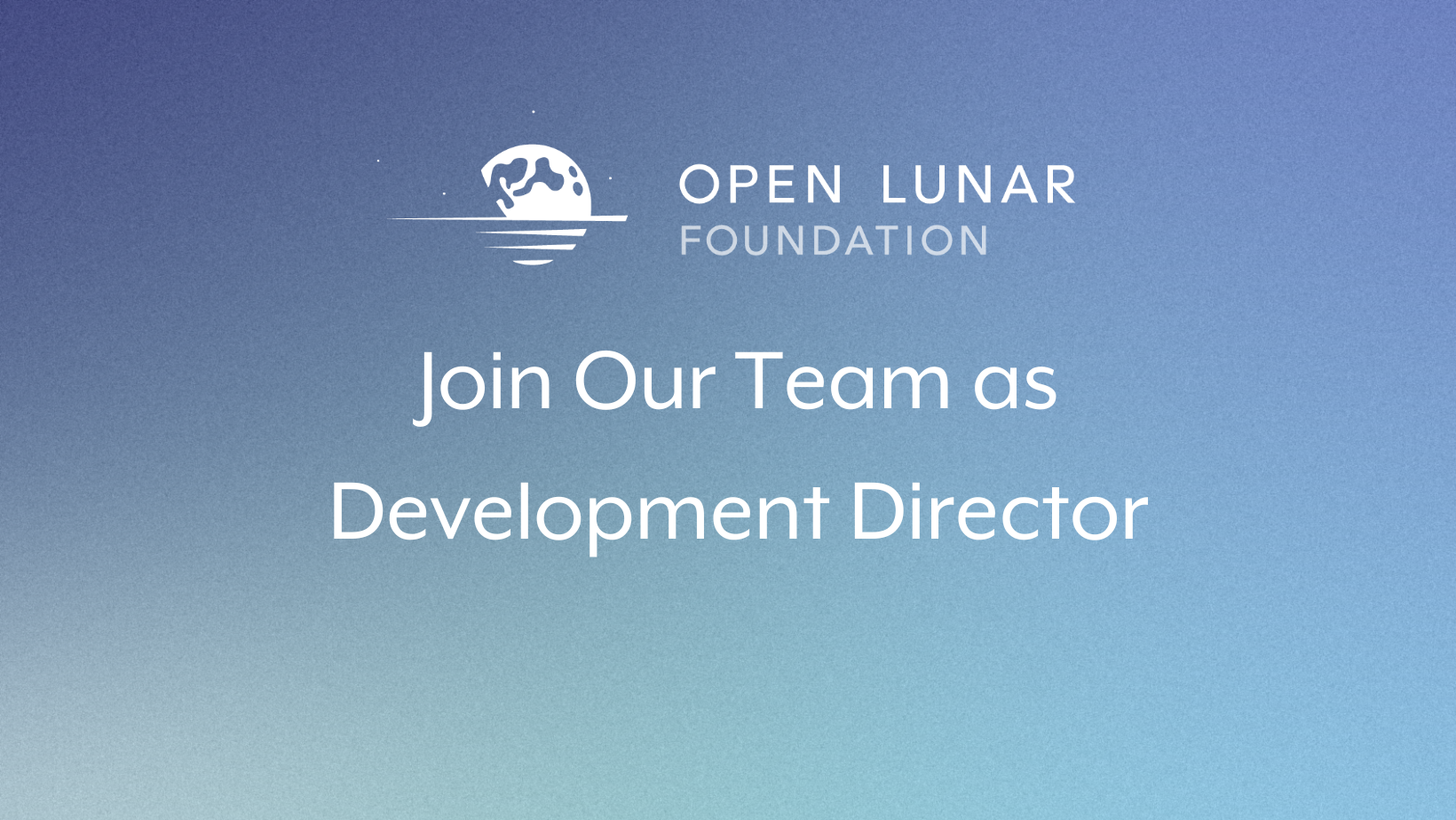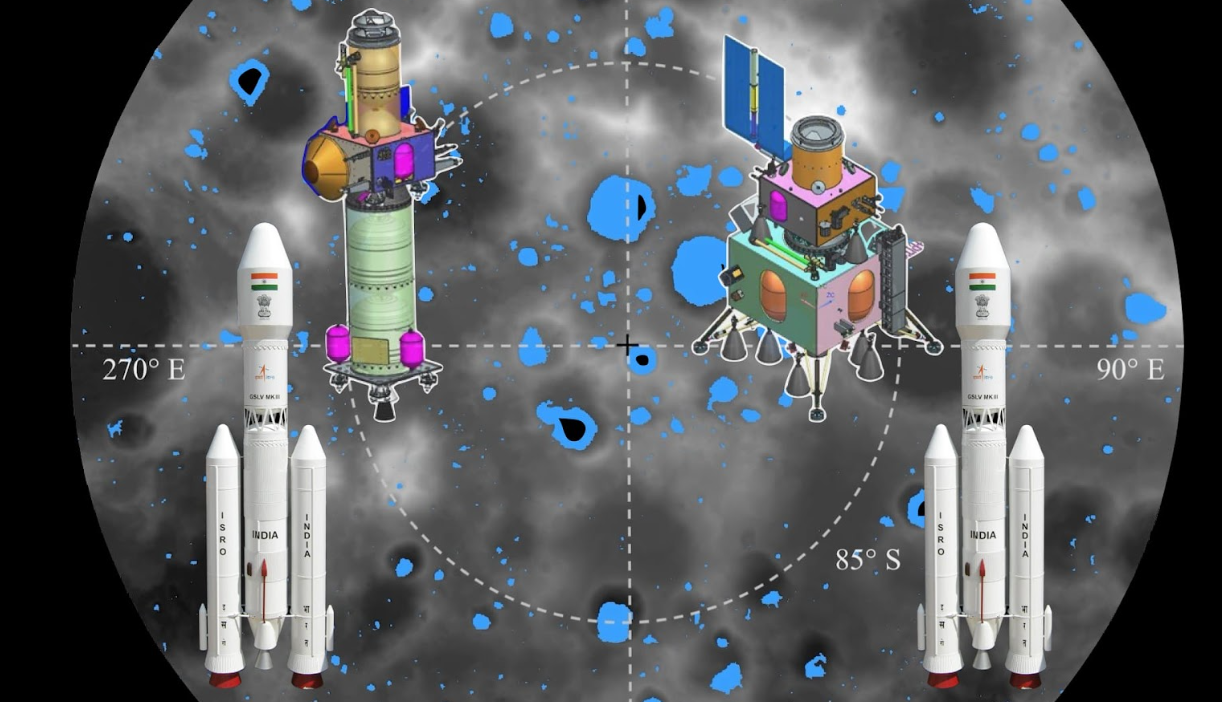This operations guide explores real-world scenarios at high-interest lunar sites, applying a novel three-ring safety area framework with a special focus on nuclear FSP integration. It offers actionable tools and policy insights for safe, collaborative exploration and resource management.
This White Paper explores Lunar PNT: Enabling a Resilient and Accessible PNT Infrastructure for Lunar Exploration
This paper explores the potential of the Payload(Bay) X concept to advance progress towards sustaining a permanent human presence on the Moon.
Exploring an open-access model(s) that facilitates inclusive, peaceful exploration and development in line with Articles I and II of the Outer Space Treat.
Working to enable more reliable PNT services to support the growing need within lunar missions.
Working to advance sustainable lunar habitation through innovative life support systems.
Working to accelerate lunar development through standardized power solutions
Working to ensure safe and sustainable Lunar operations through a safety reporting system
Working to establish ethical standards for lunar payloads, promoting responsible space exploration.
Working to enable sustainable lunar exploration through collaborative landing infrastructure.
Working to explore establishing lunar time standardization for enhanced space navigation and mission coordination.
Working to enhance lunar mission coordination through transparent tracking and reporting of space objects and activities.
Read more about our recent Development Director posting and what our team is looking for.
Here’s a comprehensive, curated, and contextualized linked list of lunar technology and science developments across 2025, organized by country or region. There is also a section on progressive cooperative & collaborative international efforts—because these are the gems we need more of—as well as a section discussing shortcomings in the same. If someone asks you what’s happening at the Moon, say all of this is.
A volcano of new results which have improved our understanding of our cosmic companion.















